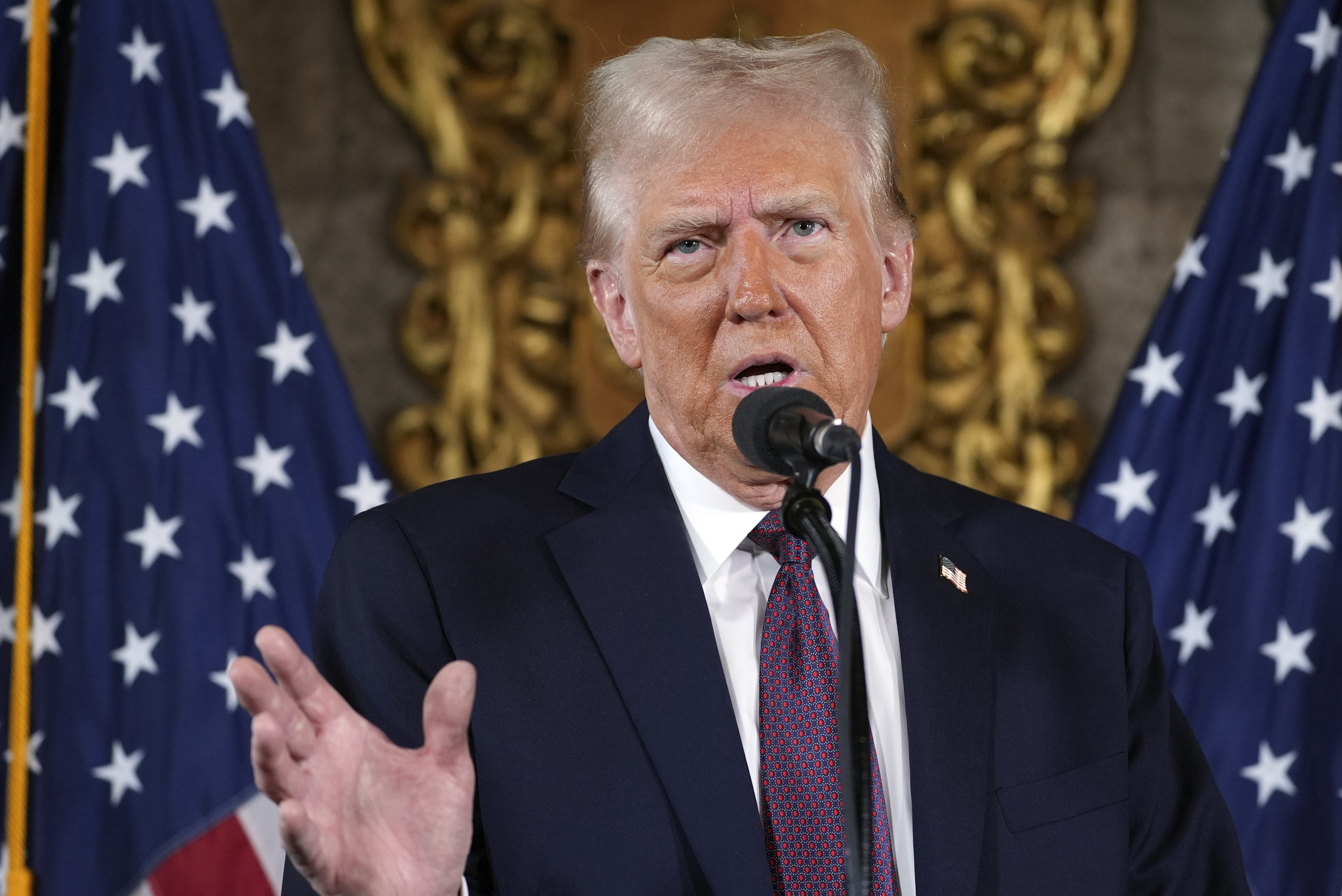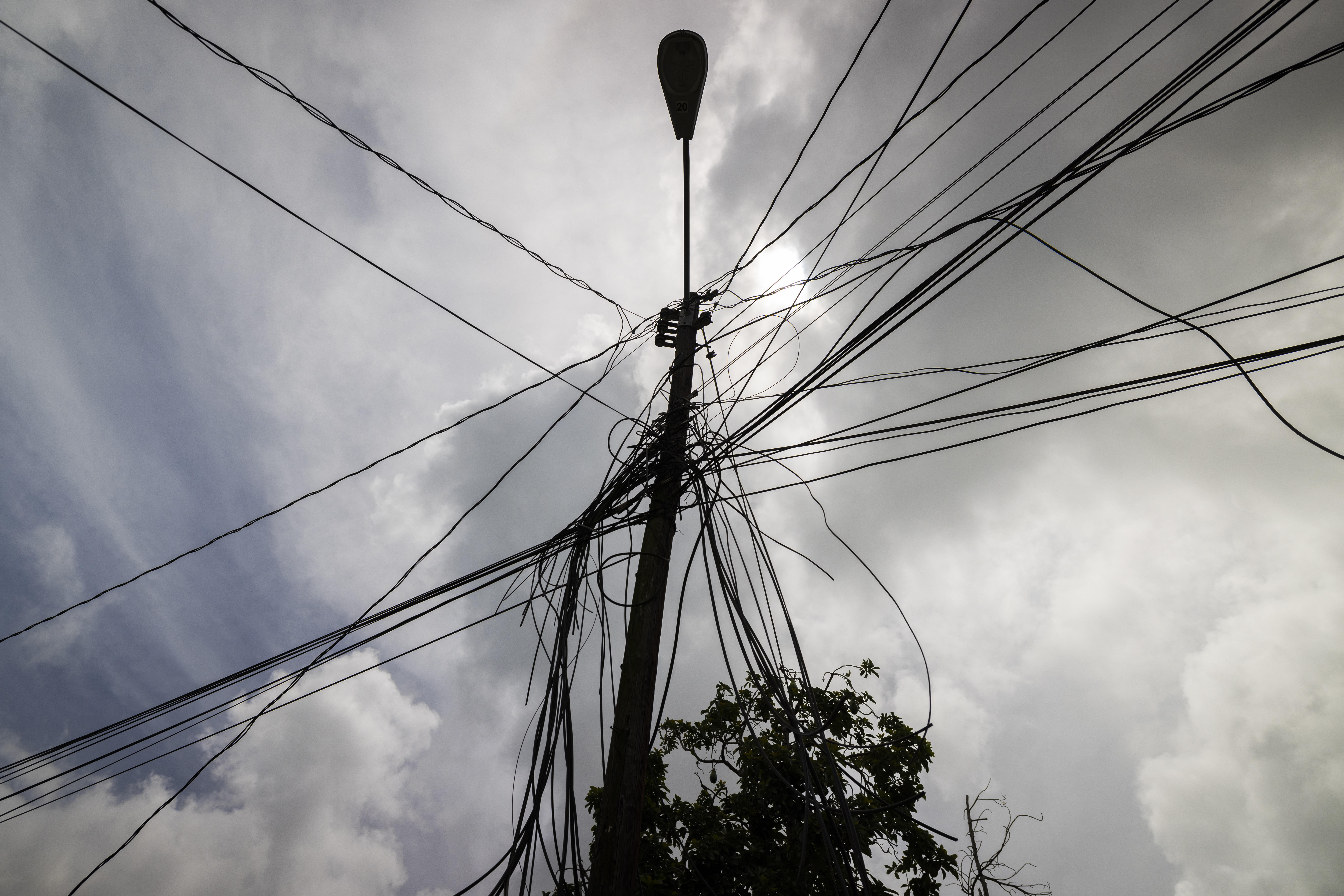BEIJING (AP) — China on Wednesday blasted the latest package of U.S. military assistance to Taiwan on Wednesday, saying that such funding was pushing the self-governing island republic into a “dangerous situation.”
The U.S. Senate late Tuesday passed $95 billion in war aid to Ukraine, Israel and Taiwan after months of delays and contentious debate over how involved the United States should be in foreign wars. China claims the entire island of Taiwan as its own territory and has threatened to take it by force if necessary.
The mainland’s Taiwan Affairs Office said the aid “seriously violates” U.S. commitments to China and “sends a wrong signal to the Taiwan independence separatist forces.”
Office spokesperson Zhu Fenglian added that Taiwan’s ruling pro-independence Democratic Progressive Party, which won a third four-year presidential term in January, is willing to “become a pawn for external forces to use Taiwan to contain China, bringing Taiwan into a dangerous situation.”
On Tuesday, Taiwan’s President-elect Lai Ching-te told a visiting U.S. Congressional delegation that the aid package would “strengthen the deterrence against authoritarianism in the West Pacific ally chain” and “help ensure peace and stability across the Taiwan Strait and also boost confidence in the region.”
The package has had broad congressional support since Biden first requested the money last summer. But congressional leaders had to navigate strong opposition from a growing number of conservatives who question U.S. involvement in foreign wars and argue that Congress should be focused instead on the surge of migration at the U.S.-Mexico border.
The package covers a wide range of parts and services aimed at maintaining and and upgrading Taiwan’s military hardware. Separately, Taiwan has signed billions in contracts with the U.S. for latest-generation F-16V fighter jets, M1 Abrams main battle tanks and the HIMARS rocket system, which the U.S. has also supplied to Ukraine.
Taiwan has also been expanding its own defense industry, building submarines and trainer jets. Next month, it plans to commission its third and fourth domestically designed and built stealth corvettes to counter the Chinese navy as ptensions art of a strategy of asymmetrical warfare, in which a smaller force counters its larger opponent by using cutting edge or nonconventional tactics and weaponry.
China launches daily incursions into waters and airspace around Taiwan by navy ships and warplanes. It has also sought to pick away Taiwan’s few remaining formal diplomatic partners.
However, only two People’s Liberation Army Air Force planes and seven navy vessels were found operating in areas around Taiwan between Tuesday afternoon and Wednesday morning, possibly as a result of heavy rainstorms and low visibility overnight along the island’s west coast facing China.
At times of heightened tensions, China has launched dozens of such missions over a 24 hour period, many of them crossing the center line in the Taiwan Strait dividing the sides or entering Taiwan’s air defense identification zone.
___
A previous version of this story incorrectly stated that the U.S. had approved $8 billion in aid for Taiwan. In fact, the $8 billion figure is the amount to be spent on a range of priorities related to countering China in the Indo-Pacific, including aid to Taiwan.































